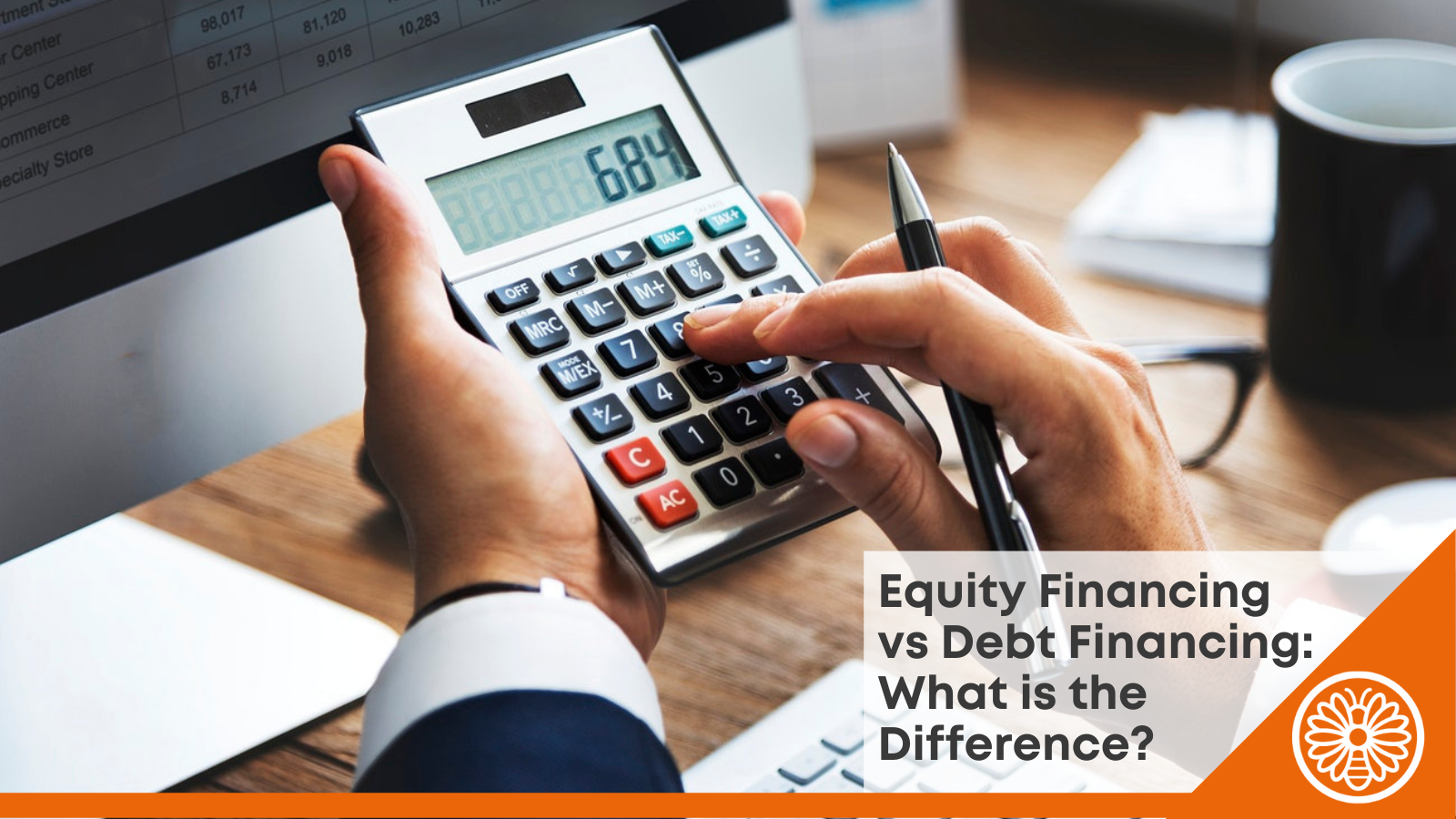A Guide To Tax Deductible Expenses For Hong Kong Companies
Hong Kong companies can support and deduct certain expenses and can potentially reduce their profits taxes as a result but how does one go about it? This article will help clarify the general rules, regulations, and practices in relation to tax deductible expenses.

Tax Deductible Expenses: Basic Rules
There is a common misconception among Hong Kong company owners that any and all expenses are tax deductible; this is not true. Generally speaking, only expenses incurred for the production of business income are tax deductible. However, this definition still leaves some grey area as to what expenses can be deducted.
Doubt may arise when expenses might appear to be partly personal and partly business related. For example, a director of the company takes a trip overseas for working purpose but happens to meet up with a friend. In this case, it is down to the company to determine which expenses were incurred in the course of doing work bearing in mind that they should make sense (more on this later).
Auditor’s Approach to Tax-Deductible Expenses
Shall a company wish to claim certain expenses against their tax they can discuss with their tax representative if they have questions on whether certain expenses are deductible or not. Then whilst doing the audit, the auditor will assess whether the amount and nature of each expense booked by the company are reasonable. Each CPA will have their own benchmark for evaluating what they consider is a reasonable amount of expenses for a company to deduct in the context of their business operations and the nature of the expenses being claimed.
At the end of the day what matters is if a company can explain its spending in a way that makes sense. For example, it would be very difficult for a company to justify claiming the cost of purchasing diapers as a tax-deductible expense, unless the company is doing business in that particular sector of course! The same goes with grocery goods, unless the company is hosting an event or a party. Another more subtle example would be if a company is not making sales, so they cannot be claiming lots of expenses related to entertaining customers.
Risks of Overclaiming
Should someone try to abuse the system by making and claiming too many expenses, or claiming non-business related expenses, the auditor will ask for explanations and supporting documents, to support such claim. If the company cannot provide the information requested, the auditor may include in the audit an opinion stating that the company could not provide such information. Note that having such opinion in an audit report can make it difficult for the company to apply for financing (e.g., bank loan). Furthermore, while it is rare, the worst-case scenario would be that the auditor may refuse to do the audit.
The Company ≠ Its Owners
Probably the most important concept to grasp when deciding which expenses to deduct is that a company is considered as a separate legal entity/corporate body from its owner(s). Put simply the company is the company, and the owner is the owner, i.e., not all expenses incurred by the owner are tax deductible. Actually, there is no official rule stating this, but this concept is generally accepted as a given.
In Short…
To sum up, expenses that can be clearly linked to business operations may potentially be considered as tax-deductible. Even if an expense is considered as tax deductible a company should provide proper explanations and supporting proof to evidence such link to their auditor.
Last but not least, below is a list of examples of expenses that may or may not be tax deductible. Note that this list is for general guidance only as there are many factors that can determine whether an expense can be deducted.
| TAX DEDUCTIBLE* | NOT TAX DEDUCTIBLE |
|---|---|
|
|
* Note: All outgoings and expenses, to the extent to which they have been incurred by the taxpayer in the production of chargeable profits, are allowed as deductions under Section 16 of the Hong Kong Inland Revenue Ordinance.
Need help with tax filing? iNCUBEE can help, simply fill in our questionnaire by clicking the link below.




